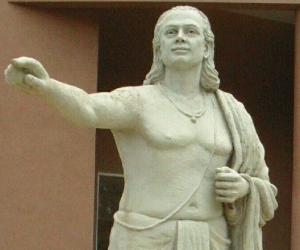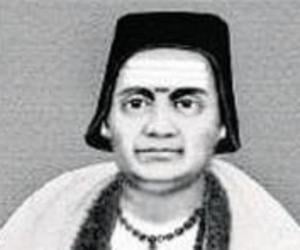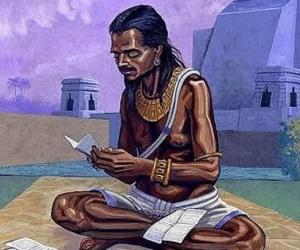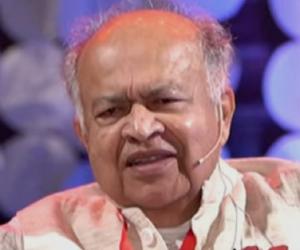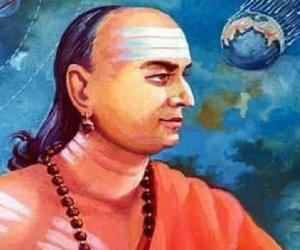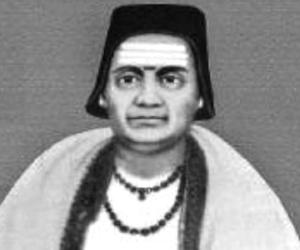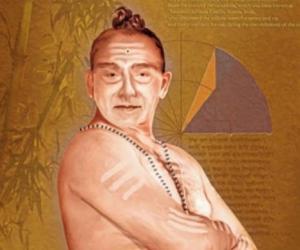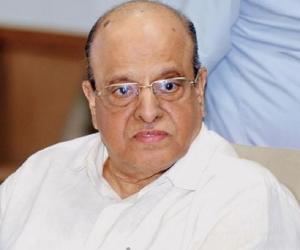1
Aryabhata
(5th & 6th Century Indian Mathematician and Astronomer who Calculated the Value of Pi)
Birthdate: 0476 AD
Birthplace: Assaka
Died: 0550 AD
Aryabhata was a prominent mathematician-astronomer and physicist from classical Indian mathematics and astronomy. He is recognized for his significant works, including the Āryabhaṭīya and the Arya-siddhanta. Notably, he was one of the first to mention the relativity of motion, establishing himself as a major early physicist. His contributions have had a lasting impact on the fields of mathematics, astronomy, and physics, solidifying his legacy as a pioneer in Indian scientific thought during his time.
